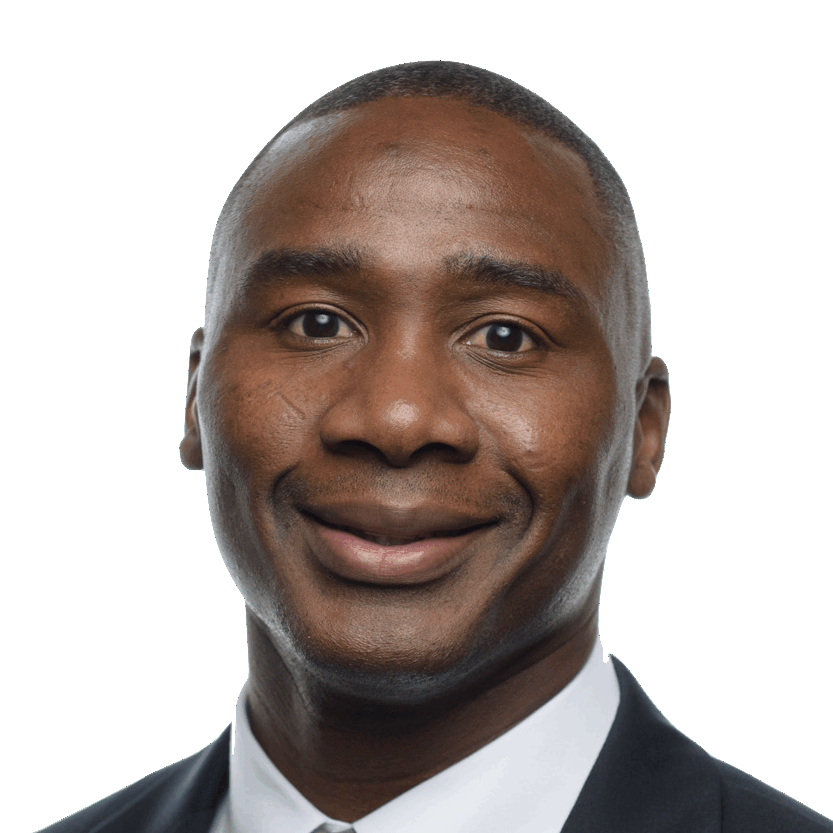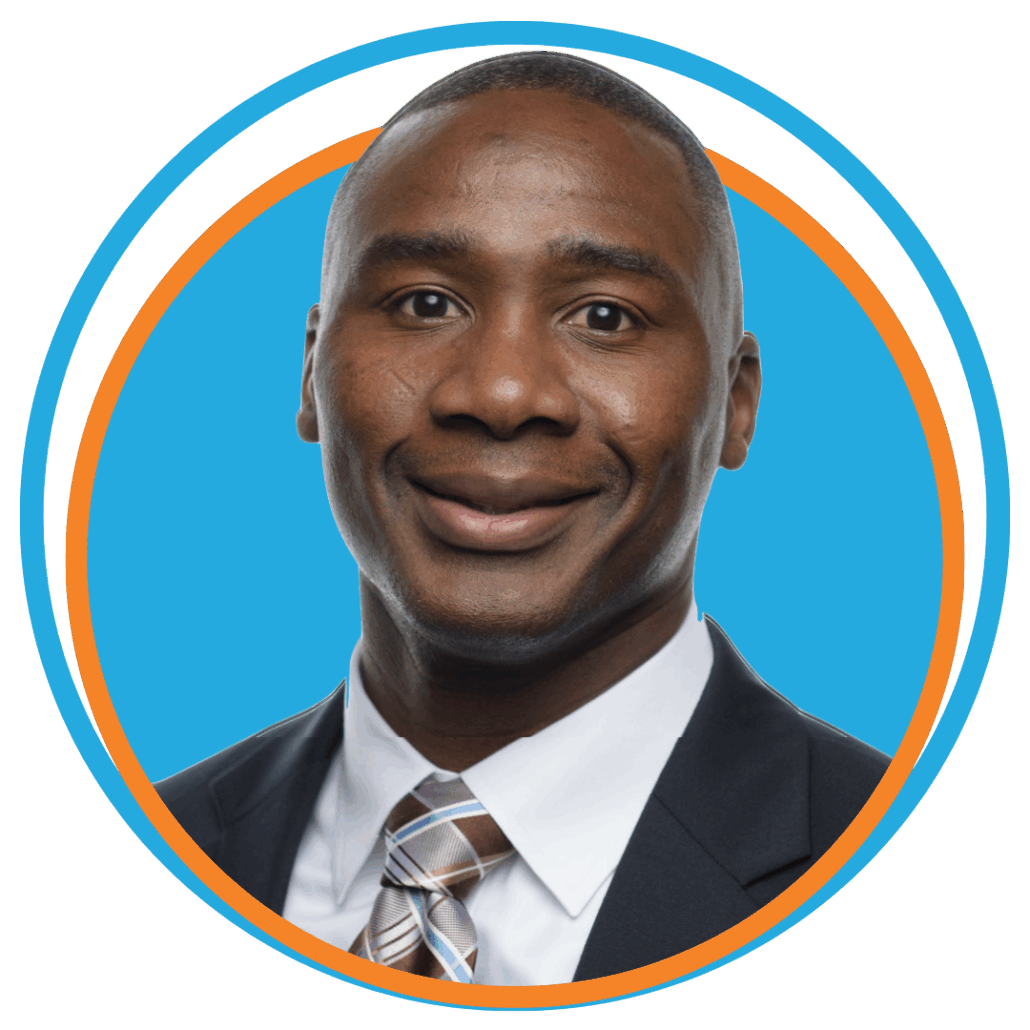[et_pb_section fb_built=”1″ admin_label=”section” _builder_version=”4.21.2″ custom_padding=”20px||20px||true|false” global_colors_info=”{}”][et_pb_row admin_label=”row” _builder_version=”4.16″ background_size=”initial” background_position=”top_left” background_repeat=”repeat” global_colors_info=”{}”][et_pb_column type=”4_4″ _builder_version=”4.16″ custom_padding=”|||” global_colors_info=”{}” custom_padding__hover=”|||”][et_pb_text ul_item_indent=”2em” admin_label=”Text” _builder_version=”4.22.1″ link_font=”|700|||on||||” link_text_color=”#215921″ background_size=”initial” background_position=”top_left” background_repeat=”repeat” hover_enabled=”0″ global_colors_info=”{}” sticky_enabled=”0″]
I’m writing this as the Lenoir-Rhyne University (LRU) football team gears up for the NCAA Division II National Championship against Northwest Missouri State University on Saturday, December 21, at noon (EST). The game will be broadcast live on ESPN 2—a historic moment for LRU! 📺
But you might be wondering: What does this have to do with learning or The LearnWell Projects? 🤔
Bridging Athletics and Academics
As an Associate Dean at LRU, I’ve spent years developing The LearnWell Projects, a framework that enhances student learning and critical thinking. You may have encountered the ThinkWell-LearnWell Diagram applied to subjects like chemistry, English, or math. However, what you might not know is that LRU’s student-athletes have been using these same learning strategies to enhance their athletic performance. 🏋️♂️📚
Back in July 2011, I was tasked with transitioning our student-athlete study hall from an athletics-only model to a collaborative academic support system. This shift was not just about creating structure—it was about enhancing student-athlete performance both in the classroom and on the field. By integrating workshops, study hall support, and peer tutoring, we helped athletes apply critical thinking skills from their sport to their studies.
The Impact: Academic and Athletic Success 📈🎓
Since implementing this model:
-
LRU has led the 14-member South Atlantic Conference in student-athletes on the Commissioner’s Honor Roll (minimum 3.30 GPA) for the past two years! 🏅
-
The football team has doubled its Honor Roll members for two straight years!
-
For the first time, LRU student-athletes’ cumulative GPA surpassed that of the general student population! 🎉
How Thinking Skills Power the Bears’ Game 🧠💡
If you tune into Saturday’s championship, you’ll notice a size difference—LRU’s players are smaller than Northwest Missouri’s. Yet, game after game, LRU has dominated. What’s their secret weapon? Aside from raw talent and exceptional coaching, the Bears have trained their minds to think faster, strategize better, and anticipate plays before they happen. Here’s how:
1️⃣ Reading Comprehension & Playbook Mastery 📖🏟️
Every football player gets a playbook before any equipment—because success starts with understanding the game. Using the ThinkWell-LearnWell Diagram, players move from memorizing formations ➡️ understanding schemes ➡️ predicting plays in real time.
This mirrors academic learning: athletes recognize when they are simply memorizing formulas versus applying and analyzing them. This metacognitive awareness helps them succeed in both their sport and their studies. 🧩📚
2️⃣ Knowledge Development & Retention 🏋️♂️📖
Football players arrive weeks before school starts, absorbing a flood of new plays and strategies. Over time, they layer deeper understanding onto their foundational knowledge—just like effective academic learners.
We teach athletes to apply the same process to their classwork, showing them how to develop notes, connect concepts, and deepen understanding over time. 📝✨
3️⃣ Playing & Thinking Faster ⚡🏃♂️
LRU hasn’t just won 13 straight games—they’ve outpaced their opponents. But it’s not about physical speed. It’s about mental speed. 🧠💨
Opposing coaches often comment on how “fast” LRU plays—but they’re talking about how quickly our players process and anticipate movements. This is deep critical thinking in action:
-
Analyzing their own actions + their opponent’s moves
-
Making split-second, strategic decisions
-
Executing with confidence and precision
This same skillset benefits them academically: when studying effectively, they predict what will be on exams, analyze key information, and move beyond memorization to mastery. 🎯📚
A Winning Mindset—On and Off the Field 🏅🎓
These strategies are why the Bears are excelling both academically and athletically. Even if you don’t have a rooting interest in Saturday’s game, cheer for LRU—because they represent the best of what it means to be a student-athlete. 👏🐻
Win or lose, the Bears will leave the field even more convinced that academic success and athletic success go hand-in-hand. 🏆📖🔥
[/et_pb_text][/et_pb_column][/et_pb_row][/et_pb_section]


1 comment
leonard.geddes@lr.edu
Update: Well, the Bears lost this one. NWMS was a formidable opponent. Unfortunately, the Bears had to make an 11th hour quarterback change due to a freak injury. I would have liked to see this game with our starters able to play. Maybe our fortunes will be better next year!